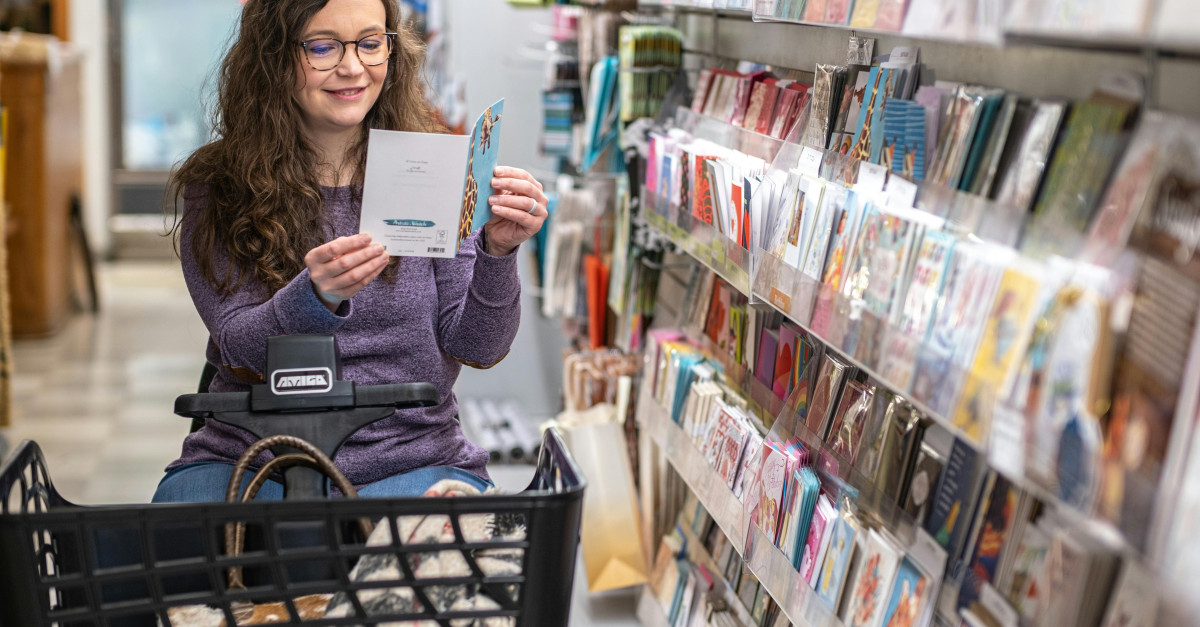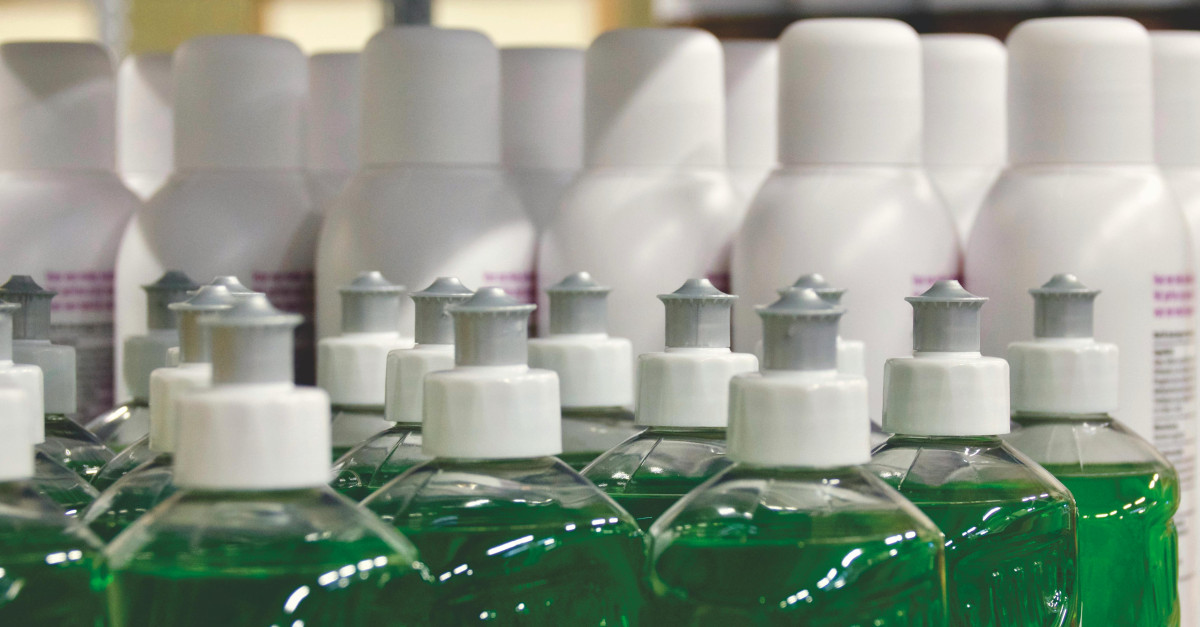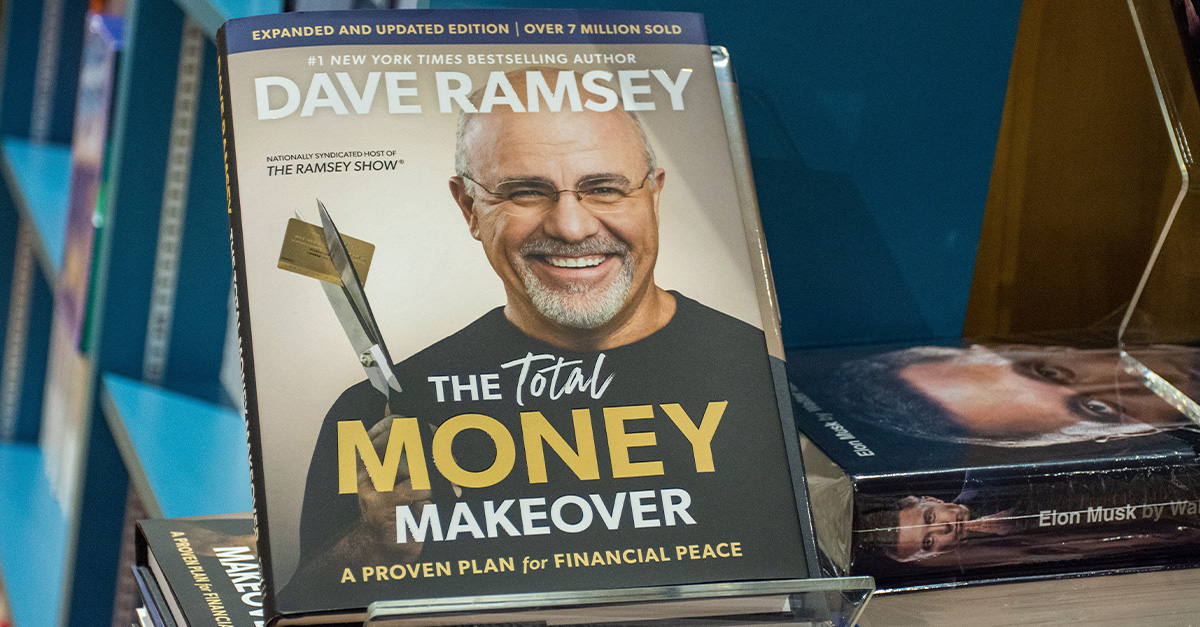Not everything in dollar stores is a good deal, and shopping wisely can make the difference between saving money and wasting it. Whether you're a grizzled dollar store warrior or you just drop in occasionally, here’s how to get the most bang for your buck.
Know What’s Worth Buying
Some items at dollar stores are true deals—others, not so much. Here’s what the pros recommend for a dollar store shopping advantage:
Party Supplies: Balloons, wrapping paper, and decorations are often the same as what you'd find at big-box stores—for a fraction of the price.
Greeting Cards: While cards at drugstores can cost $4 or more, dollar stores often have a great selection for just $1.
Cleaning Supplies: Many cleaning items like sponges, gloves, and brushes are of decent quality. Look for name brands in smaller sizes.
Seasonal Decor: If you like decorating for holidays, dollar stores are great for inexpensive (and cute) items, and you can dispose of it afterward instead of cluttering your basement with it.
Kitchen Tools: Simple tools like measuring cups, tongs, or spatulas can often be found here and hold up well for light use.
Don't Bother With These Items
While you may be tempted to load up at these prices, some dollar store items are better left on the shelf:
Batteries: Cheap batteries often don’t last long and can end up costing you more in the long run.
Electronics: Headphones, chargers, and other tech accessories tend to be of lousy quality and may not be safe.
Toys: Some toys might contain small parts or cheap breakable materials. Always check for quality and age-appropriate labeling. Disposable dollar store toys aren't the enduring classics of yesteryear.
Canned Goods and Food Items: While some snacks are okay, be wary of expired items or brands you’ve never heard of. Always check expiration dates.
Over-the-Counter Medicine: These may be a step down from the versions sold in pharmacies or big retail chains. Double-check labels and look for safety certifications.
Read Labels
Instead of mindlessly tossing items in the cart, get into the habit of checking labels for things like product sizes, ingredients, expiration, and country of origin. Items that look like a deal are often smaller than their supermarket counterparts, making them more expensive per unit. Watch out for knockoff brands that resemble major labels. They may look similar, but their quality is often not up to snuff. It may be worth it—just know what you’re getting.
Know Your Prices
Know your prices for basic items. That means having a rough idea of the typical cost of things at regular stores so you can tell a true deal from a dud. For example, a bottle of name-brand dish soap might be cheaper per ounce at a supermarket when on sale. Use a calculator or unit price comparison app if you’re serious about maximizing savings. Dollar stores now sell many items for more than a dollar—double-check prices on items before you check out.
Shop Seasonally and Stock Up
As mentioned above, dollar stores are great places to shop for seasonal items like holiday decor, school supplies, or summer gear. Since inventory often changes, grab what you need when you see it. If you find a household item you like and use regularly, consider stocking up—many products don’t last long on the shelves.
Check for Coupons and Rewards
Even dollar stores offer deals on top of deals. Some chains have loyalty programs or digital coupons you can clip online. Some even accept manufacturer’s coupons, which can double your savings if you match them with already low prices.
You May Also Like:
12 Things You Should Never Pay Full Price For
You Should Always Pay For These Items In Cash










